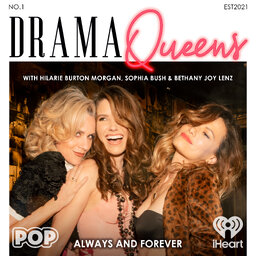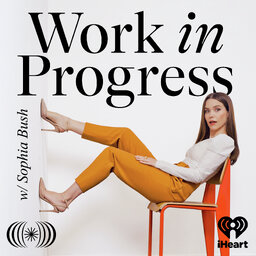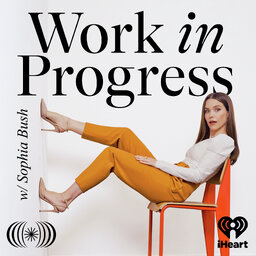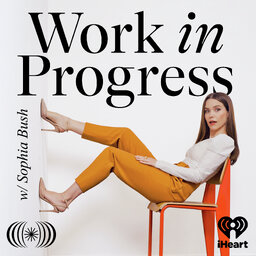Work in Progress: Chris Colfer
He lit up the small screen as Kurt Hummel in the mega-hit show "Glee," and now he's lighting up the literary world with his diverse young adult novels!
Actor, singer, and best-selling author Chris Colfer joins Sophia to talk about the grueling and challenging process of being on Glee, what terrified him about playing Kurt, and his struggles with perfectionism. He shares how writing became his escape, and how it kept him sane throughout his time on Glee!
Chris also reveals he would love to tackle Broadway someday, offers advice for those who want to break into the industry, and discusses the inspiration behind his new sci-fi book, "Roswell Johnson Saves the World!" available in bookstores now!
 Work in Progress with Sophia Bush
Work in Progress with Sophia Bush



